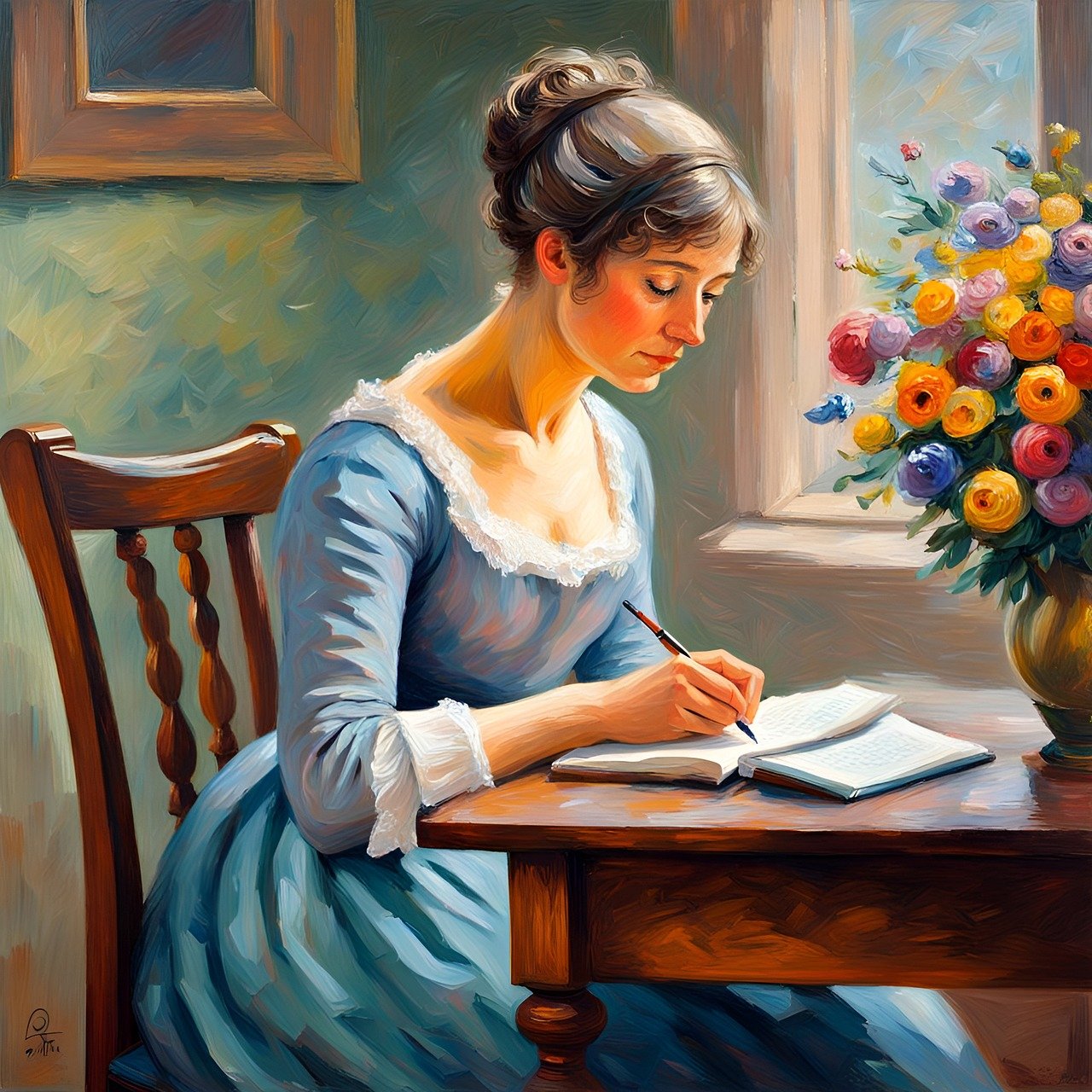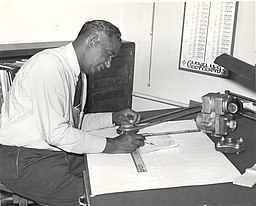Nigerian National Day celebrations (1 October)
Join UoP Global at the SPARK Community Space in Fratton to celebrate Nigerian National Day, 4-6 pm tomorrow afternoon (Tuesday 1 October)!
Celebrate the day with a student ambassador reading from a Nigerian storybook from the “Outside In World Book Collection” of children’s books in translation and a social event with free transport and affordable food and drink for any budget.
Book your place on Eventbrite to let us know you’re coming!













